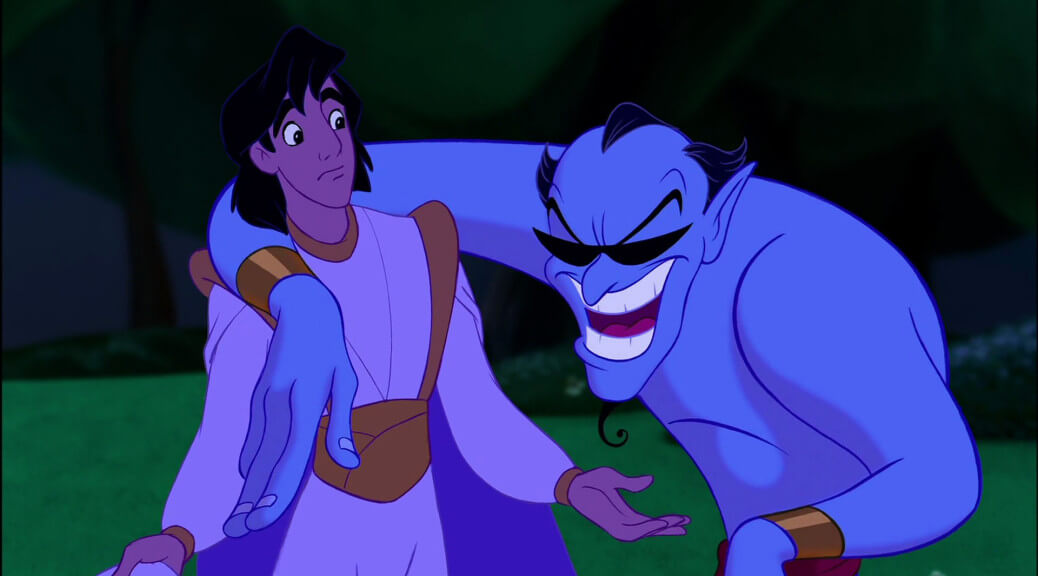…it’s Aladdin’s attitude towards wealth and poverty. That’s what struck me while re-watching this thoroughly enjoyable movie. After being called a “street rat,” Aladdin tells Abu, “Someday, Abu, things are gonna change. We’ll be rich, live in a palace, and never have any problems at all.”
This is an extraordinary view for a peasant orphan in thirteenth century Arabia! It is a thoroughly modern view. Throughout most of history, if you were born into the lower classes, you lived in poverty. Your entire extended family lived in poverty. Everyone you knew, and all their ancestors stretching back as far as anyone could remember, lived in poverty. Imagining life without poverty would have been as fanciful as imagining life without gravity.
When did rags to riches stories emerge? When people started rising from rags to riches! Click To TweetIt is no coincidence that the rags-to-riches story entered the public consciousness in the nineteenth century. The ongoing industrial revolution had propelled a few people from literal rags to riches, and the majority from rags to nicer, cheaper manufactured clothing. Suddenly, not everyone you knew was poor. For the first time in history, people came to expect a better material standard of living than that of their parents. People even saw a few highly visible individuals rising from humble beginnings to unfathomable wealth.
It was in this context that Horatio Alger Jr. popularized the rags-to-riches story, writing countless young adult novels on the same theme: a poor, lower-class boy achieves middle-class success through hard work, honesty, and a bit of good fortune. Alger’s fiction was emblematic of the attitudes of the day. The unshackling of commerce and the generally rising living standards made raising one’s status a real possibility. It’s an attitude we hold to this day, but it’s entirely anachronistic in Aladdin or in any other work of fiction set before the industrial revolution.


That’s fascinating, and makes you realize how lucky we are to be born when we were! I think a lot of people don’t question the effect the zeitgeist has on our psyche, and just imagine we would have the same thoughts and aspirations if we were in a different setting.